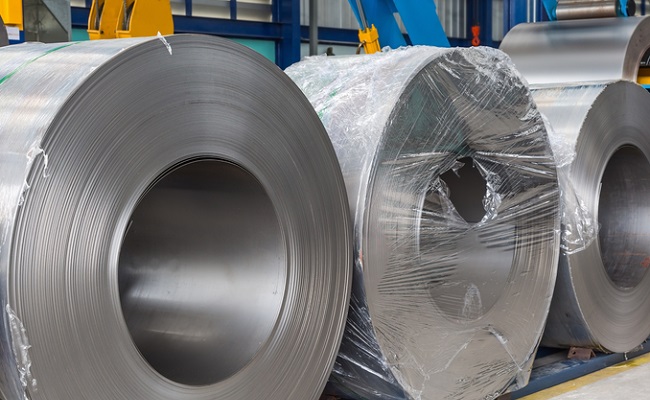
WTO Appellate Body rules in India’s favour over CVD on steel imports by USA
Bidhu Bhushan Palo | The Dollar Business
 Hot Rolled Carbon Steel Flat Products are usually used in the manufacture of durable products such as automobiles, heavy machinery, pipes, and construction products.
Hot Rolled Carbon Steel Flat Products are usually used in the manufacture of durable products such as automobiles, heavy machinery, pipes, and construction products.The Appellate Body of the World Trade Organisation, the highest authority in dispute settlement among members, has ruled largely in favour of India regarding countervailing duties (CVD) imposed by USA on imports of Carbon Steel Flat Products from India. According to India’s Ministry of Commerce, the United States Department of Commerce (US DOC) had imposed Countervailing Duty (CVD) on India’s exports of Hot Rolled Carbon Steel Flat Products, which affected adversely India’s steel exports. One of the claims made by USA was over procurement of subsidised coal and iron ore by some steel companies in India. However, India said that the National Mineral Development Corporation (NMDC), India’s largest iron ore producer, cannot be considered as a public organisation as per WTO rules because it sold iron ore at market prices to private companies in India and other countries. India also challenged investigations by the US DOC and said that various provisions of US Tariff Act and the Code of Federal Regulations were inconsistent with the provisions of WTO Subsidy Agreement (ASCM). This is the first time any country had challenged such provisions by the US DOC, said India’s Ministry of Commerce. However, the dispute was taken up before the WTO Dispute Panel as it could not be resolved bilaterally. The Panel ruled that the imposition of CVD by the US is inconsistent with WTO law on subsidies. But the matter was escalated to the WTO Appellate Body in August 2014, after India notified the Dispute Settlement Body (DSB) of its intention to appeal certain issues of law covered in the Panel Report and certain legal interpretations developed by the Panel. According to the WTO, the Appellate Body is a standing body of seven persons that hears appeals from reports issued by panels in disputes among WTO Members. The Appellate Body has the authority to uphold, modify or reverse the legal findings and conclusions of a panel. Once adopted by the Dispute Settlement Body (DSB), it is mandatory for WTO members to accept the Appellate Body Reports. In the report published yesterday on India-US steel dispute, the Appellate Body upheld a previpus panel ruling that USA was wrong in cumulatively assessing the impact of dumped and subsidised imports when determining injury in trade cases. It disagreed with cumulative said that the USDOC's determination that the NMDC is a public body is inconsistent with rules in the SCM Agreement. It also disagreed with some of India’s claims on subsidies and prices, but the Appellate Body has requested USA to bring its import CVD measures into conformity with the SCM Agreement. The steel industry in USA has expressed disappointment over the ruling. In a strongly worded statement, the American Iron and Steel Institute (AISI) said that the decision may have consequences for a number of other trade cases as well. Thomas J. Gibson, President and CEO, AISI, said that steel imports accounted for 30% of the USA market share last month and that the WTO decision will significantly weaken the effectiveness of U.S. trade laws. “U.S. law expressly requires the ITC to cumulate dumped and subsidised imports when they are under simultaneous investigations. The WTO Appellate Body has once again created an obligation not agreed to by our trade negotiators, and this ruling will make it very difficult for domestic industries to obtain an effective remedy when facing both dumped and subsidised imports at the same time. This ruling is very detrimental to steel businesses and workers who continue to battle a flood of dumped and subsidised imports coming into this country unfairly— and at record levels,” Gibson added.
This article was published on December 9, 2014.

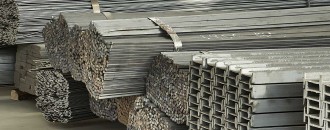
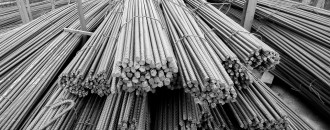
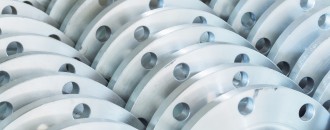
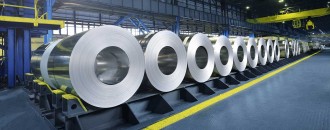
 to success.
to success.